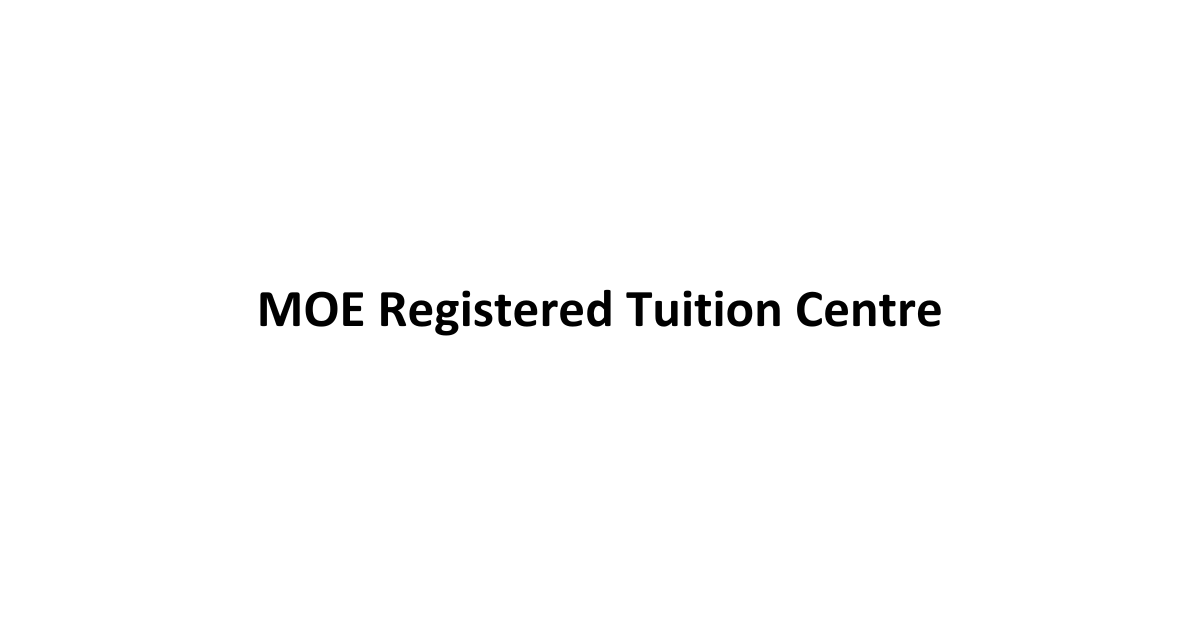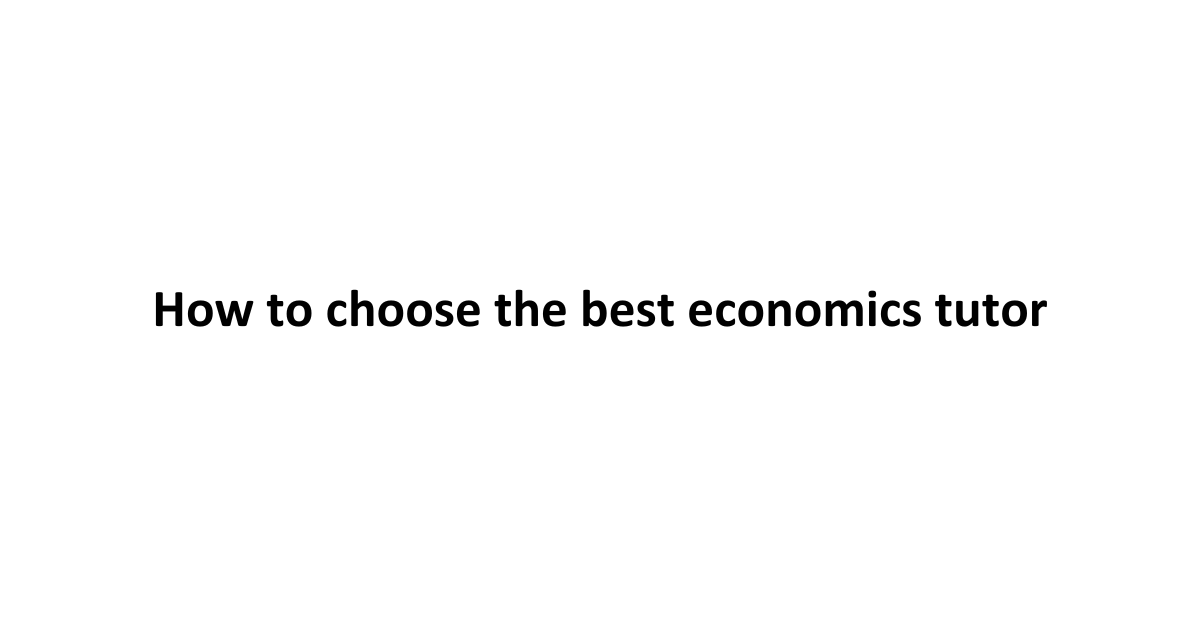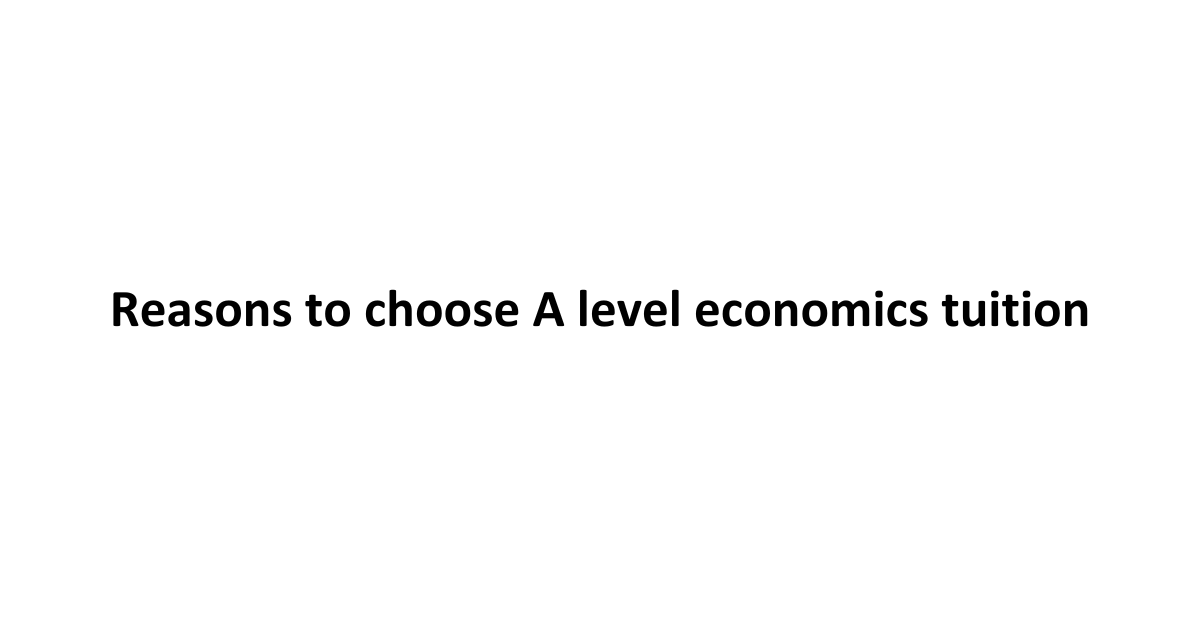09 Mar Removal of H1 Subject in Rank Point Calculation
The Ministry of Education (MOE) in Singapore recently announced that it would be making significant changes to the country’s A-level examinations. These changes will provide students with more opportunities to explore their interests while also allowing adults to pursue lifelong learning.
The changes will be implemented from 2026 for students enrolling in Junior College in 2025. They include not counting the fourth content-based subject for Junior College students in university admissions unless it improves their score. Additionally, Project Work will be removed from the calculation of their university admission score, and mid-year exams for JC and MI students will be gradually phased out from 2024.
These changes are part of a broader effort by MOE to create a more flexible and adaptable education system that better meets the needs of students and society as a whole. MOE has stated that the changes will help to ensure that Singaporean students are well-prepared for the challenges of the future.
One of the key changes that MOE is introducing is the removal of the fourth content-based subject for Junior College students. This means that students will no longer be required to take four subjects at the A-levels in order to be considered for university admission. Instead, they will only be required to take three content-based subjects, and the fourth subject will only be considered if it improves their score.
This change is significant because it will give students more freedom to pursue their interests and passions. It will also allow them to take on additional subjects that they may not have had the opportunity to study before. By doing so, students will be better prepared for the diverse and rapidly changing job market.
Another change that MOE is implementing is the removal of Project Work from the calculation of the university admission score. This means that students will no longer be penalized if they do not score well in this area. This will encourage students to focus on other areas that they may be more interested in, such as research and independent study.
Finally, MOE is also phasing out mid-year exams for JC and MI students from 2024. This is part of a broader effort to reduce the stress and pressure that students face. MOE has stated that this change will allow students to focus more on their studies and other activities that they may be interested in.
In conclusion, the changes being introduced by MOE to Singapore’s A-level examinations are significant and far-reaching. They will provide students with more opportunities to pursue their interests and passions while also helping them to prepare for the challenges of the future. The changes are part of a broader effort to create a more flexible and adaptable education system that better meets the needs of students and society as a whole.







